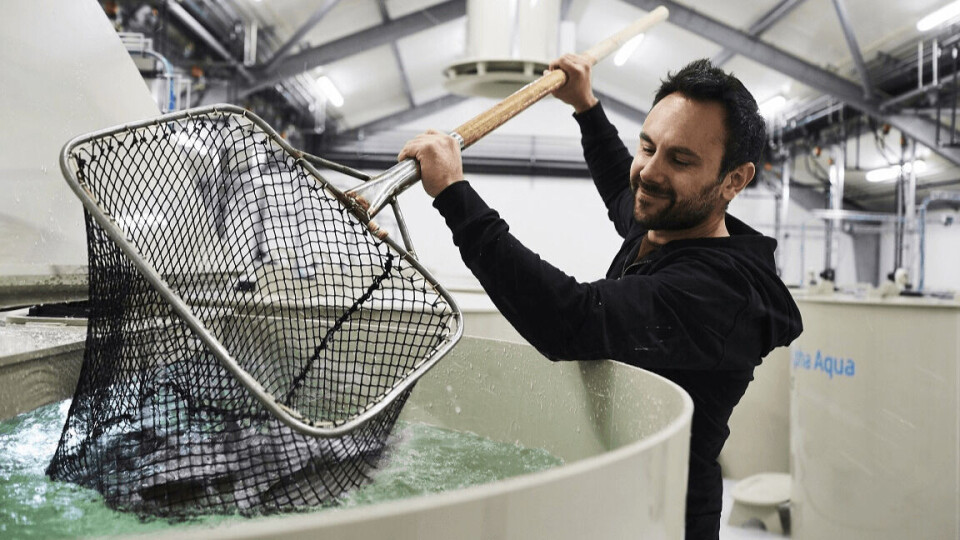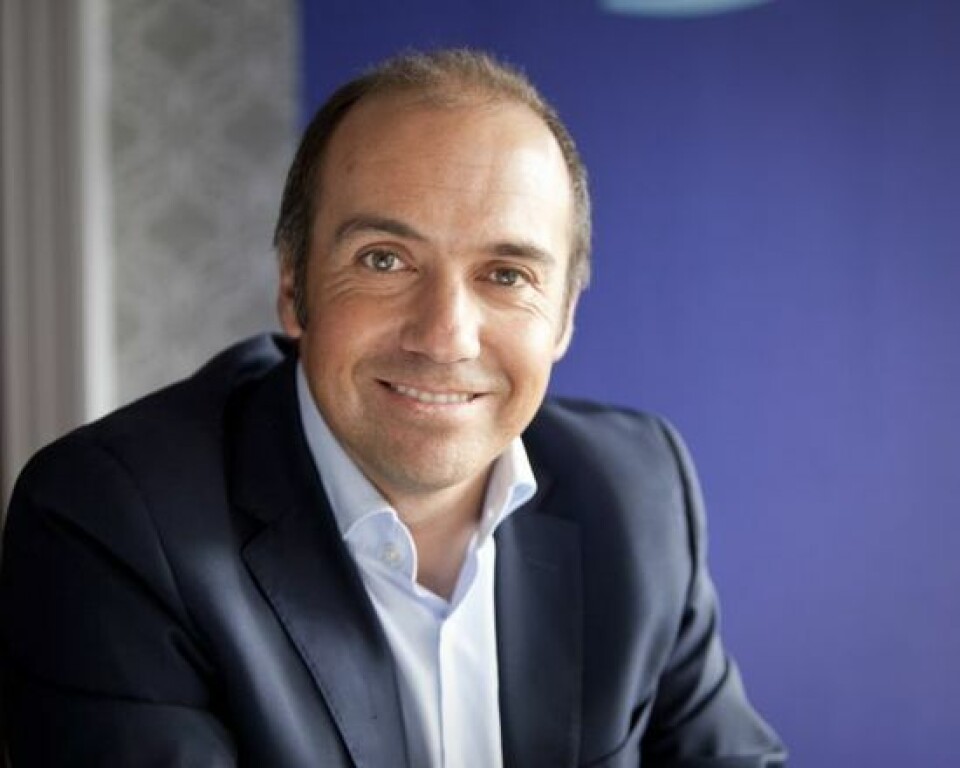
BioMar forms feed task force to improve RAS efficiency
Feed manufacturer BioMar has increased its focus on land-based fish farming by bringing all its recirculating aquaculture system (RAS) specialists together to form a global task force.
The company said that it had been one of driving forces behind the development of products for RAS for decades, starting the development of its ORBIT product range in the late 1980s.
It believes land-based farming can improve efficiency and operational stability using even more advanced feed solutions.

Potential to be realised
“RAS for land-based salmon farming is an emerging segment within the aquaculture industry, and there is still a potential to be realised. The highly advanced technologies being used require highly advanced feed solutions and farming practices to enable a strong performance,” said BioMar chief executive Carlos Diaz.
“As a strategic initiative, we have brought all of our RAS-specialists into a global task force. They are working together with global as well as local customers accelerating the next generation of feed solutions for RAS. We are building upon a very strong foundation being a leader within the RAS segment for many years, but the future requires that we can bring even more specialised products to the market, supported across geographies.”
Recognised experts
All members of the task force have been selected based upon local as well as global results within RAS, said BioMar. They are all recognised for their expertise, having 15-25 years of experience working within aquaculture as product developers and trusted advisors for customers across the globe.
BioMar said its strategic objective is to clearly deliver upon the company purpose of being an innovator within efficient and sustainable global aquaculture.
“We will very soon present new products to the market,” said Diaz.
Challenge for everyone
“This task force has as one of the main objectives to ensure we contribute to release the full potential of land-based farming.
“In order to create a sustainable food future, we need together as an industry to enable a doubling of our production capacity without increasing pressure on the environment, wild fish and agriculture.
“That is a challenge we need to address together. We all have a responsibility for adding resources and increasing collaboration.”























































